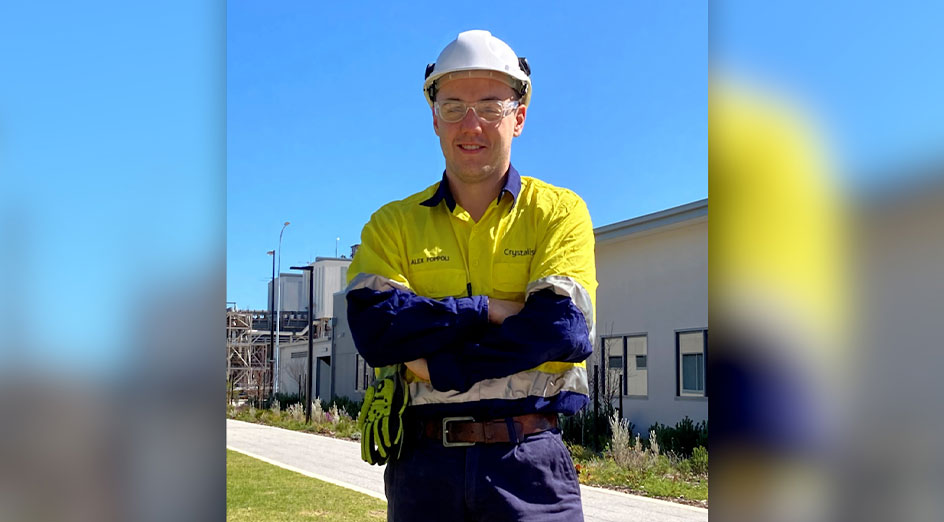Albemarle Lithium has partnered with The University of Western Australia's Einstein-First project to re-formulate school science.
Project coordinator Dr Jyoti Kaur from the UWA's School of Physics said partnering with a company helping to pave the way toward a renewable energy future was a perfect match for Einstein-First.
"Lithium is an important mineral for the transition to a low-carbon economy and the project aims to redesign, evaluate and optimise school science across all educational levels to reflect the modern understanding of space, time, matter and the universe," Dr Kaur said.
"Our programs involve active learning with renewable energy and in fact, Einstein's discoveries were vital to the development of solar panels.
"The program's goal is to see many more students aspire to diverse science, technology, engineering, and mathematics-related careers, and ultimately contributing to Australia's future prosperity."
The partnership with Albemarle, launched recently on site at the company's Kemerton lithium hydroxide processing plant, will see industry working with researchers to directly improve the learning experience of students.
Kemerton Site Director Daniel O'Shea said Albemarle was excited to be involved in creating what would ultimately be a more engaging learning experience for South West science students from Years 3 to 10.
"Children today are already familiar with the idea of renewable energy," he said. "They are less aware that our locally based industry helps to underpin many renewable energy developments like electric vehicles.
"Forging this partnership between researchers and Albemarle will build understanding of what we do and hopefully engage and open minds to future possibilities."
The program, run by researchers from UWA who work with the Gravity Discovery Centre, Ozgrav and the LIGO Scientific Collaboration, will be rolled out across local primary and secondary schools, with six secondary, eight primary, and two composite schools in the Bunbury area already signed up.
UWA Emeritus Professor David Blair said children's ability to understand modern science concepts was underestimated in schools.
"The modern concepts that underpin all our modern technology, from photons to black holes, are grasped with ease using our activity-based program," he said. "The teachers love it because the children are so engaged."
An exhibition about the Einstein-First project is part of the UWA Wallal Expedition Centenary that proved Einstein's theory of relativity. The free exhibition runs from September 20 to October 2 at UWA. More information here.
A Direct Kemerton Link
Alex Foppoli is an engineer currently working on site at the Kemerton lithium hydroxide processing plant, assisting Albemarle's Maintenance and Reliability team ensuring that the correct technical parts and equipment are promptly available when needed.
As a student, Alex was also a part of the Einstein First program at UWA while gaining his Bachelor of Science and Master of Chemical Engineering. He said the experience changed his life and inspired him to directly make science more accessible for all.

Image: Einstein First alumni and Albermale staffer Alex Foppoli.
"Throughout university I was always tutoring high school students and one day I saw the Einstein First program advertised," he explained. "The pitch was something like 'teach advanced astrophysics to primary school kids' and it got me interested and I put my name down straight away.
"I spent about a year and a half running classes for children and helped to build the base for the teaching resources, as well as conducting research."
Alex said he jumped at the opportunity to work onsite at Albemarle's Kemerton plant as soon as he graduated from university, starting earlier this year.
"This is a great opportunity for a chemical engineer," he said. "I've always been interested in Albemarle because lithium is the future of the energy industry - and it's great getting to work both at Kemerton and in the city.
Alex, who is excited by Albemarle's partnership with Einstein First and hopes to contribute, is also using his spare time to develop with friends an online site making science topics more accessible to people of any age.






